Koven Smith rated Dune: 4 stars
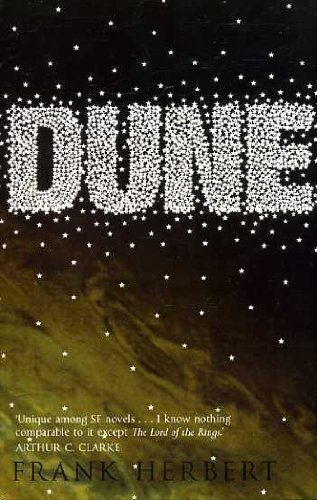
Dune by Empty Author
Dune is a 1965 science-fiction novel by American author Frank Herbert, originally published as two separate serials in Analog magazine. …
Arts grantmaker living in Austin, TX. Jazz, museums, pre-Kurtzman Star Trek, so forth and such as. Also in the fediverse at @5easypieces@social.coop.
This link opens in a pop-up window

Dune is a 1965 science-fiction novel by American author Frank Herbert, originally published as two separate serials in Analog magazine. …
Fantastic, and a great "sequel" of sorts to "Legacy of Ashes," Weiner's history of the CIA. A solid history that punctures a lot of the myths about the FBI, but which also highlights successes where warranted. I can't imagine a fairer reading of the history of the FBI than this one.

The invisible bridge (2014)
The best-selling author of Nixonland presents a portrait of the United States during the turbulent …
As with the other books in Perlstein's "conservative trilogy," (The Gathering Storm and Nixonland), this is masterful political/historical writing. Of the three books, this one shined the least brightly for me, for reasons I can't explain. Maybe the political entropy that enveloped the States in the 70s makes for a harder slog or something; I'm not sure. I just felt like there was less narrative thrust in this one than in the other two. Still required reading, but a bit tougher of a go.
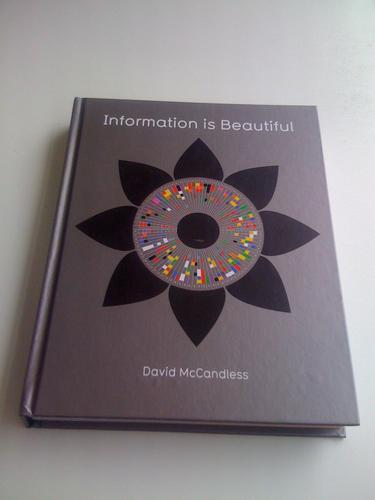
"A visual guide to the way the world really works. Every day, every hour, every minute we are bombarded by …
This wasn't the easiest read (I finally finished this after about three years of false starts), but once it got going for me, it really got going. A mind-changing meditation on the nature of power and authority and the real and fictional manifestations that power (the essay on futurism was a particularly fun read), the book succeeds at developing a left-wing critique of bureaucracy and the state. Strongly recommended.
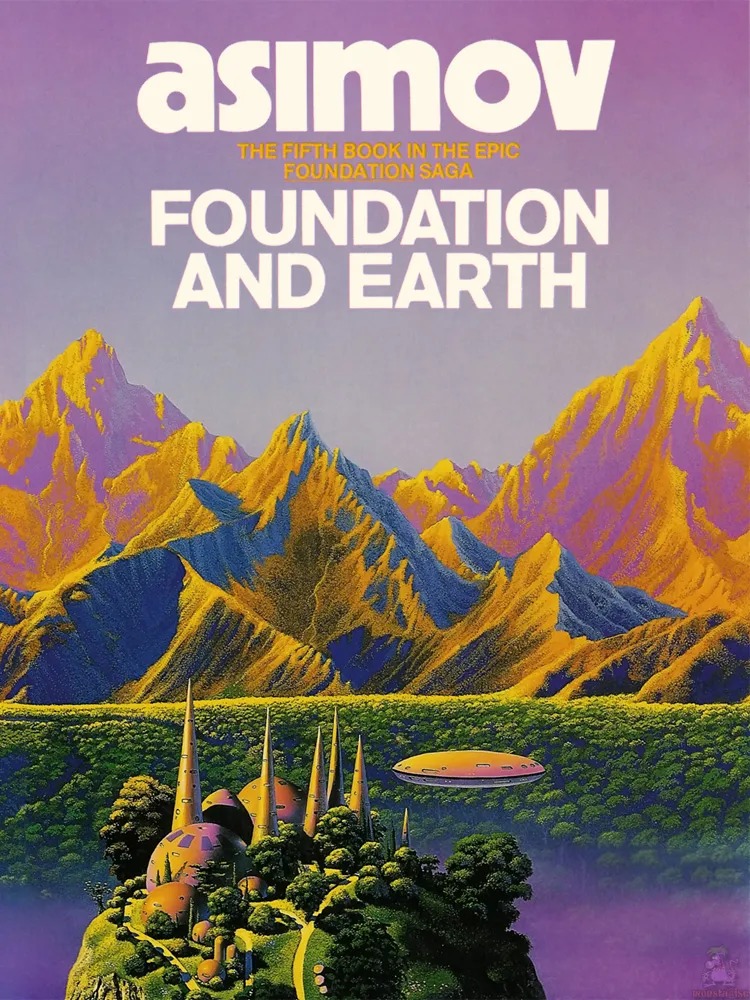
Golan Trevize, Janov Pelorat, Bliss go looking for earth.
In this wise and often funny book, a philosopher/mechanic systematically destroys the pretensions of the …
I find this a rather difficult book to review. In many ways, this is one of the best books about the idea of work I've ever read; almost every page has some pithy insight that caused me to think about work in a new way. This makes for a generally enjoyable and enlightening read. However, the book's overall narrative doesn't quite hang together for me; I found myself constantly highlighting amazing passages while having a hard time retaining the context for those passages even as I was reading them. For this reason, the book is almost best consumed as a collection of amazing pull quotes rather than as a compelling single argument.
I think there are two reasons for this. The first is that Crawford's arguments, which start rationally and proceed logically, too often devolve into what feel more like rants against corporate/management culture. These rants are generally on target, …
I find this a rather difficult book to review. In many ways, this is one of the best books about the idea of work I've ever read; almost every page has some pithy insight that caused me to think about work in a new way. This makes for a generally enjoyable and enlightening read. However, the book's overall narrative doesn't quite hang together for me; I found myself constantly highlighting amazing passages while having a hard time retaining the context for those passages even as I was reading them. For this reason, the book is almost best consumed as a collection of amazing pull quotes rather than as a compelling single argument.
I think there are two reasons for this. The first is that Crawford's arguments, which start rationally and proceed logically, too often devolve into what feel more like rants against corporate/management culture. These rants are generally on target, but rely too heavily on anecdotal information to really carry that much weight. The second reason the narrative feels a little flaky for me is Crawford's male-centric point of view. While I wouldn't necessarily characterize points he makes as misogynist, a troubling thread of "manliness" (in which he argues that certain qualities of self-reliance and skill are representative of "being a man") pops up throughout the book. Every time it did, I lost the plot.
So, a mixed bag. I feel that this is required reading for anyone trying to navigate the modern world of work, but I certainly can't recommend it wholeheartedly. YMMV.
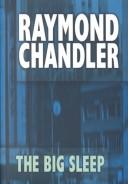
Philip Marlowe, a private eye who operates in Los Angeles's seamy underside during the 1930s, takes on his first case, …
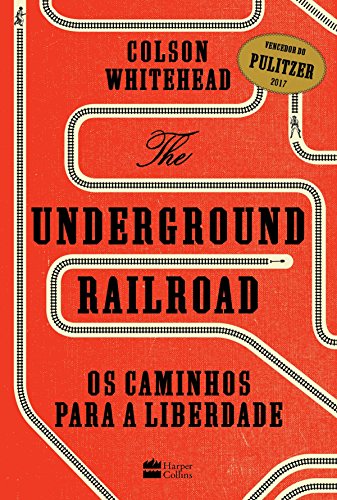
Cora não consegue imaginar o mundo que há além da fazenda de algodão ― e nem poderia. Das poucas coisas …
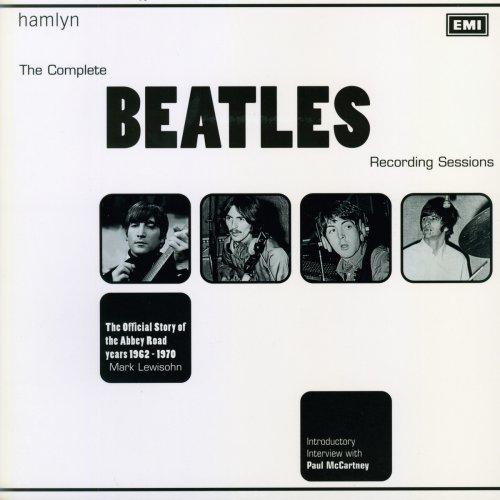
i like beatles of coyse